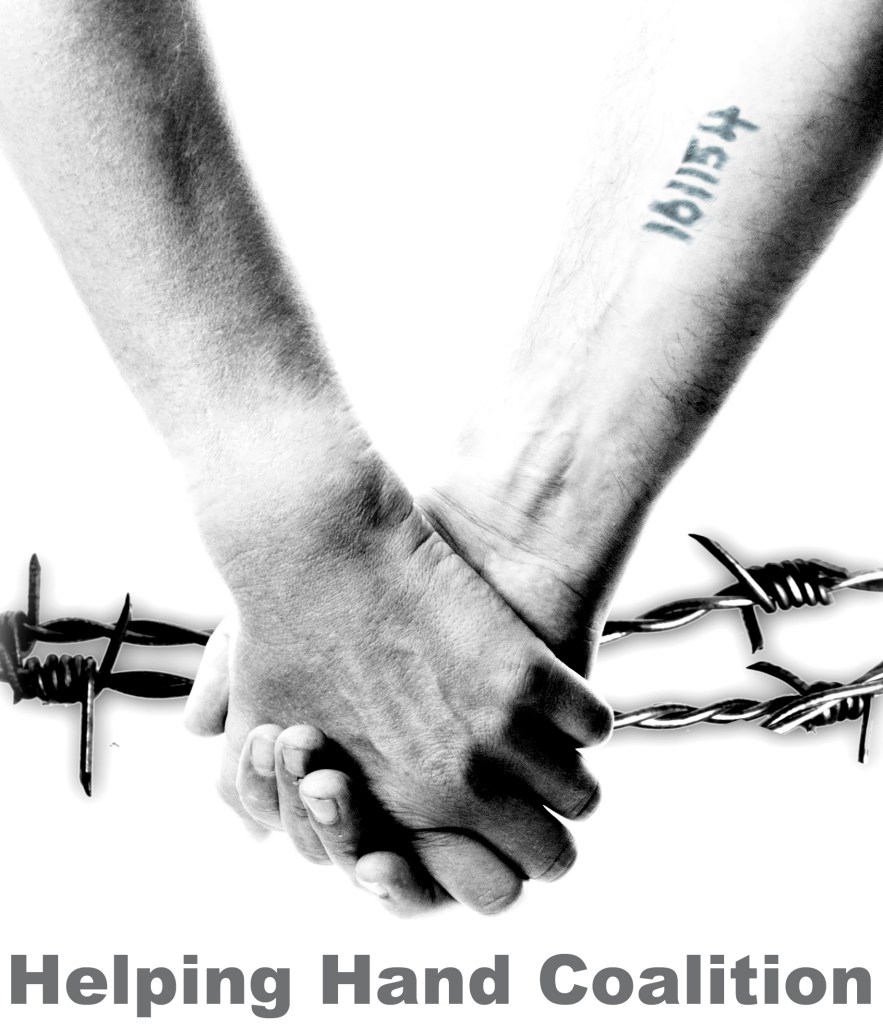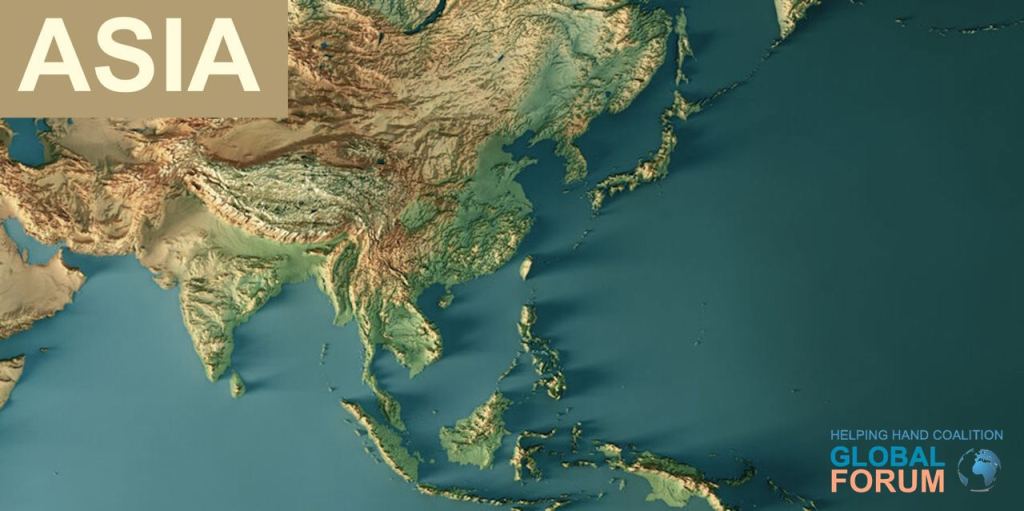
Dr. Andre Gasiorowski attended the “Religious Leadership in the 21st Century” summit hosted by Haifa’s Laboratory for Religious Studies, featuring high-profile leaders that focused on the public roles of religious leaders in Israel and the Middle East.
Hosts
- Prof. Gur Alroey – Rector, University of Haifa
- Dr. Uriel Simonsohn – Head of the Haifa Laboratory for Religious Studies
Panel: Facing Civic and Social Challenges
- PM Dr. Mansur Abbas – Leader of the United Arab List
- Dr. Einat Kalish Rotem – Mayor of Haifa
- Rabbi Eliezer Weiss – Member of the rabbinic council of Israel
Panel: Notions of Religious Leadership
- Prof. Anabel Herzog – the University of Haifa, a scholar of political theory
- Dr. David Rutstein – Secretary General of the Baha’i International Community
- Dr. Yael Sternhell – Tel-Aviv University, a scholar of American history and peace activist
Panel: Peacemaking in the Middle East
- Adv. Karim A.A. Khan QG – Prosecutor of the International Criminal Court, The Hague
- His Beatitude Batista Pietro Pizzaballa – Latin Patriarch of Jerusalem
- Rabbi David Rosen – American Jewish Committee
Special Tribute Event in Honor of the Islamic Ahmadiyya Community
- Prof. Ron Robin – President, University of Haifa
- Sheikh Muwaffak Tarif – Spiritual leader of the Druze community in Israel
- Amir Muhammad Sharif Odeh – Head of the Islamic Ahmadivya Community in Israel and PA
Moderator:
- Mr. Eran Zinger – Journalist, Kan 11

Source:
- Haifa’s Laboratory for Religious Studies
- Jerusalem Post | Faith leaders unite in Haifa to champion religious diversity amid tensions
- Latin Patriarchate of Vatican | Religious leadership in the 21st century
————————————
The “Religious Leadership in the 21st Century – Facing Continuous and Emerging Challenges” event occurred when political strife dominated headlines in Israel, violence on the streets was rising, and the Middle East conflict couldn’t seem further from resolution. As such, the event explored the role of religious leaders on domestic and regional levels and cultivated a greater understanding of how their influence can be instrumental in tackling various issues of concern, regardless of one’s religion.
Uriel Simonsohn, head of the University of Haifa’s Laboratory for Religious Studies, said, “This is a dark moment in the history of Israel; its ramifications for our region cannot be overstated. But there is also something significant to learn from it: the old divisions – left/right, Jewish/non-Jewish, religious/secular, and so on, are becoming less relevant than before. The prospect of new alliances has never been greater, with new intersections and bridges forming gradually to the surprise of many, but also as confirmation to past prophecies. Interreligious dialogue and collaboration are pivotal for safeguarding our achievements and ensuring a viable future for future generations.”
Addressing the audience via Zoom, Adv. Karim A.A. Kahn QC, Prosecutor of the International Criminal Court at the Hague, said, “That diversity and common voice that religious leaders have a role to play in building a more peaceful world for our children is one that should fall on all of us. As we survey the world, one obvious truth emerges – there’s an ebbing away of confidence in politicians and international institutions.”
“There’s a gap between the promise of justice and the delivery of justice. This occasion is important because we must acknowledge that we’re at a turning point in international affairs. We promised to give subsequent generations a better world, and the simple truth is we failed. The evidence is everywhere,” he added, citing travesties in Rwanda, Sierra Leone, Cambodia, etc. “Everybody owns justice. It lies in every faith and every community. We must emphasize that the flower of justice can grow in every soil.”
The event, moderated by Eran Zinger of Kan Public Broadcasting, included panel discussions on many pertinent issues.
Other notable figures who contributed to the event included United Arab List Leader Dr. Mansuor Abbas, Mayor of Haifa Dr. Einat Kalisch-Rotem; Member of the Rabbinic Council of Israel Rabbi Eliezer Weiss; Prof. Annabel Herzog, a scholar of political theory at the University of Haifa; Secretary General of the Baha’i international community, Dr. David Rutstein; scholar of American history and peace activist at Tel Aviv University, Dr. Yael Sternhell; His Beatitude Battista Pietro Pizzabella, Latin Patriarch of Jerusalem; and Rabbi David Rosen of the American Jewish Committee.
The event concluded with an emotional tribute to the Islamic Ahmadiyya community for its work promoting coexistence in Israel’s north. The University of Haifa President Prof. Ron Robin; spiritual leader of the Druze community in Israel, Sheikh Muwaffak Tarif; head of the Islamic Ahmadiyya community in Israel, Amir Muhammad Sharif Odeh; and Simonsohn delivered remarks honoring that community.
President Robin spoke of his time working in Pakistan on behalf of another educational institution and lamented how the Ahamdiyya community was treated there. “It puzzled me immensely. How can such peace-loving people with nothing but understanding and empathy for others be treated in that manner in an Islamic country? I am pleased to address you here at a diametrically different place.”
“We embrace your presence in Haifa,” President Robin added. “At the University, we have a special connection to the community, and in this vast tapestry of different faiths that comprise the city of Haifa, it’s a badge of honor that you’re part of our community.”
The Laboratory for Religious Studies is part of the University of Haifa’s broader effort to pioneer a model for shared society in Israel’s most diverse major city. Arabs comprise 45% of the school’s undergraduate student body. The institution also plays a crucial role in creating the country’s middle class, as 47% of its undergraduates are in the first generation of their family to enroll in higher education; moreover, 84% are from the northern Israeli periphery, positioning the school as an educational, economic, and social anchor in that region.














